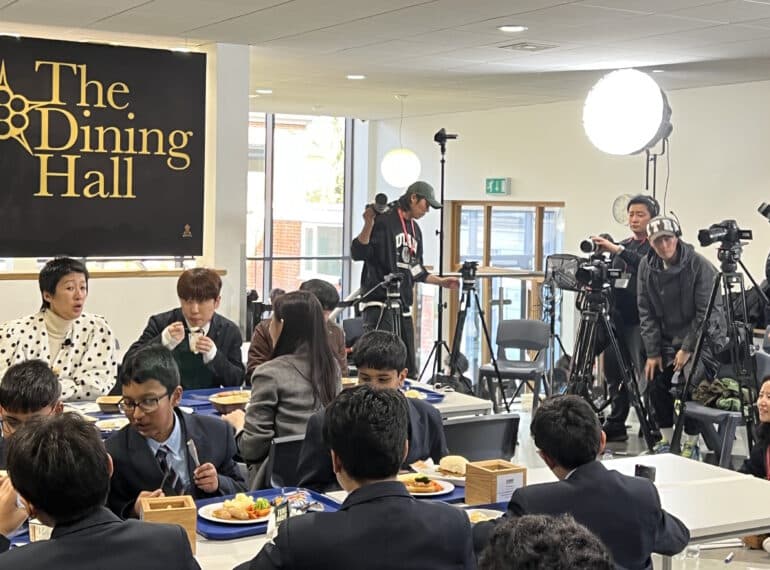
Established Korean TV and radio host Peter Bint (OE 1994–2001) is always proud to tell his audiences about his alma mater.
And this term, his loyalty was instrumental in bringing about the arrival of a 60-strong TV crew to film an episode of Korean Lunch Tray – a popular show made by South Korean broadcaster, JTBC.
 “Whenever I mention how old my secondary school was and that it takes its name from Queen Elizabeth the First, not the Second, it gets a lot of gasps of surprise,” he says. Some have even made mention of Harry Potter and Hogwarts when they learn just how old the School is!
“Whenever I mention how old my secondary school was and that it takes its name from Queen Elizabeth the First, not the Second, it gets a lot of gasps of surprise,” he says. Some have even made mention of Harry Potter and Hogwarts when they learn just how old the School is!
“The reason I support QE in the way I do and speak about it glowingly is because I truly feel a debt of gratitude for my time there. The education system in Korea is very different to the UK, much more similar to the US system, but with added private institutes called ‘hagwons’ where almost all children go for extra tuition to supplement school teaching. When I talk about everything I needed being provided by QE in terms of learning and extra-curricular activities, the parents here are incredibly envious and I realise more now just how lucky I was.”
The programme, in which Peter appears, involves a team of Korean celebrities visiting leading educational institutions around the world, comparing the food culture and educational offer with that of South Korea. The programme-makers recorded a normal QE lunchtime in the Dining Hall on one day, and then on the next, following a 5am start, they filmed a special Korean-themed lunch produced by a team led by celebrity chef Lee Yeon-bok. During their two-day visit, for which a fee was paid to the School, the crew also called in on a Latin lesson, as well as robotics and water polo sessions.
The Headmaster says: “It was fascinating, and somehow very appropriate, that in our 450th anniversary year we should be involved in a cultural exchange with one of the world’s most modern cultures. Our pupils and staff were interviewed as they learned about Korean food and culture, while the Korean celebrities gained insight into what it was like to be at one of the UK’s leading schools. It was a hugely popular event with the boys, to the extent that the visiting team did eventually run out of authentic Korean food!”
 Peter said he was excited to be presented with the opportunity to film at QE: “To finally get a chance to show what a wonderful school QE is on screen was surreal. The filming itself went better than I could have imagined, too, in terms of the other cast and staff being impressed by the school – its teaching, facilities and, most of all, polite and incredibly intelligent pupils.
Peter said he was excited to be presented with the opportunity to film at QE: “To finally get a chance to show what a wonderful school QE is on screen was surreal. The filming itself went better than I could have imagined, too, in terms of the other cast and staff being impressed by the school – its teaching, facilities and, most of all, polite and incredibly intelligent pupils.
“I have some very vivid memories of my days at QE, including my first day with Mr Thomas in Stapylton with all of my new classmates decked out in our blue ties – bar one friend, Zillur Rahmann, who unfortunately came with the yellow of Leicester. My first cross-country run and elephant pit experience was ‘memorable’ too, as were the arduous rugby training sessions and Saturday matches, but these all instilled a grit in me that persists until today. The joy of receiving my GCSE grades and subsequent slight disappointment of my A-levels both stick out in the memory for different reasons, but in both instances made me appreciate QE. The former made me realise just how good the education experience on offer was, while the latter taught me I still needed to put in the effort alongside it. The reputation of QE however, helped with my smooth entry into Kings and has been a point of interest for many, even as far afield as Korea, throughout my broadcast career.
“My closest friends still remain the fellow Elizabethans I met that first day in 1994 in Barnet, five of them being my best men at my Seoul wedding. Despite living a good 5,500 miles away from Queen’s Road, I still get to meet fellow QE friends fairly regularly, with some of the class of ’94 based in East Asia – notably fellow Staplytonian and, during our QE days, child-prodigy pianist, David Wu, who regularly pays a visit to the Korean capital. This network of QE boys around the world can be an invaluable resource, as well as a bringing a much-welcomed dollop of nostalgia for the good old days.
“All in all I am sincerely grateful to QE for allowing our Korean crew and cast to film and introduce Korean cuisine to the boys. I hope that everyone enjoyed it and there will be a chance to come back in the future, or even an opportunity to meet in Korea.”
- The programme featuring QE should be airing on 22nd and 29th April.

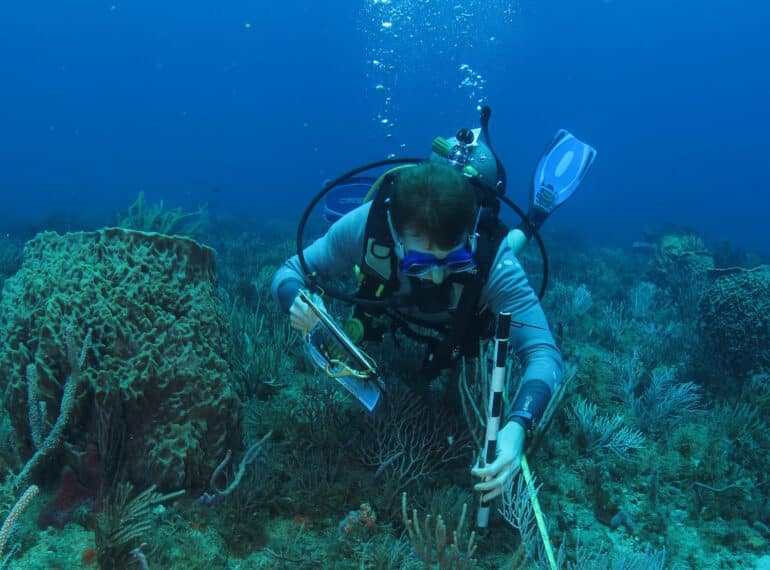
 His work on understanding the future prospects of the reefs has been presented at international conferences and published in international journals.
His work on understanding the future prospects of the reefs has been presented at international conferences and published in international journals. “I assessed how community dynamics and coral demographics (e.g., growth, recruitment, mortality rates) are influenced by global stressors (e.g., ocean warming, hurricane activity) and local anthropogenic pressures (e.g., nutrient pollution, increased sedimentation from coastal construction) to understand their recovery potential and viability under climate change.”
“I assessed how community dynamics and coral demographics (e.g., growth, recruitment, mortality rates) are influenced by global stressors (e.g., ocean warming, hurricane activity) and local anthropogenic pressures (e.g., nutrient pollution, increased sedimentation from coastal construction) to understand their recovery potential and viability under climate change.”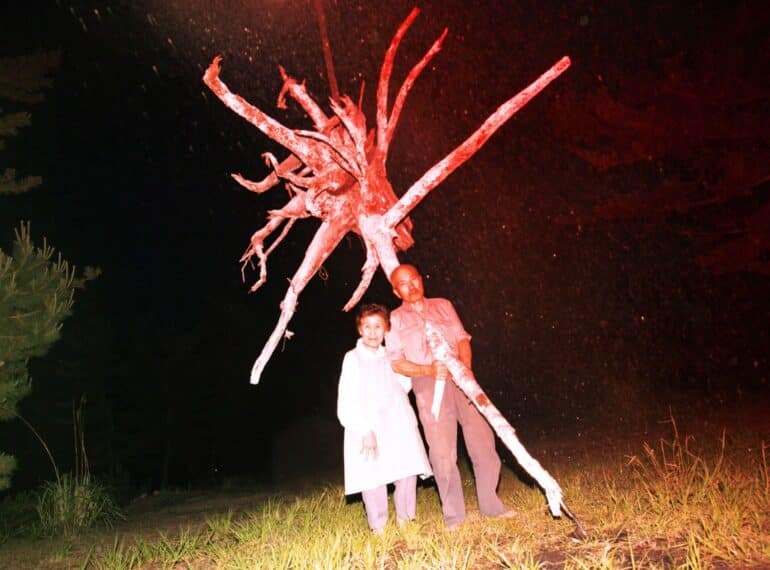
 The exhibition, Picturing the Invisible, is now on at the Heong Gallery – a contemporary art space in Downing College, University of Cambridge, that has recently hosted exhibitions featuring artists including Ai Wei Wei, Barbara Hepworth, and David Hockney.
The exhibition, Picturing the Invisible, is now on at the Heong Gallery – a contemporary art space in Downing College, University of Cambridge, that has recently hosted exhibitions featuring artists including Ai Wei Wei, Barbara Hepworth, and David Hockney.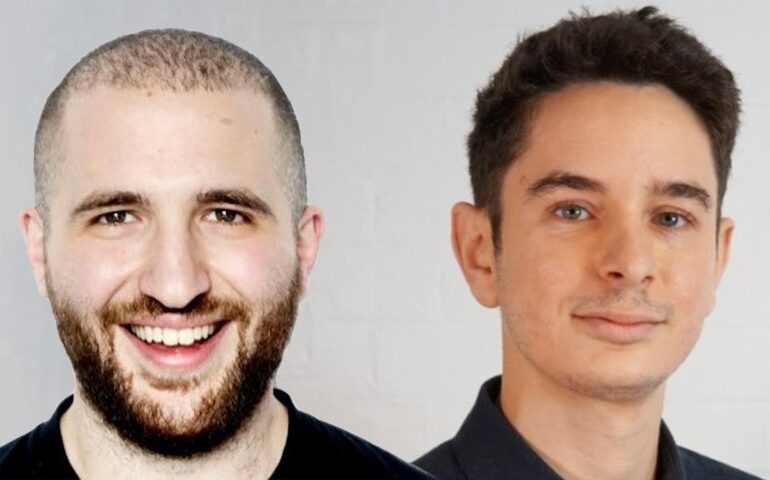
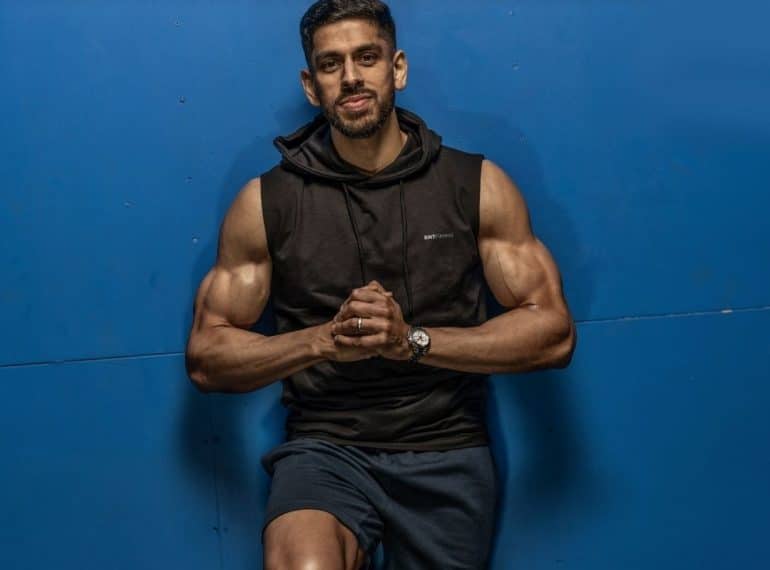
 Akash himself turned vegan last year and has used
Akash himself turned vegan last year and has used 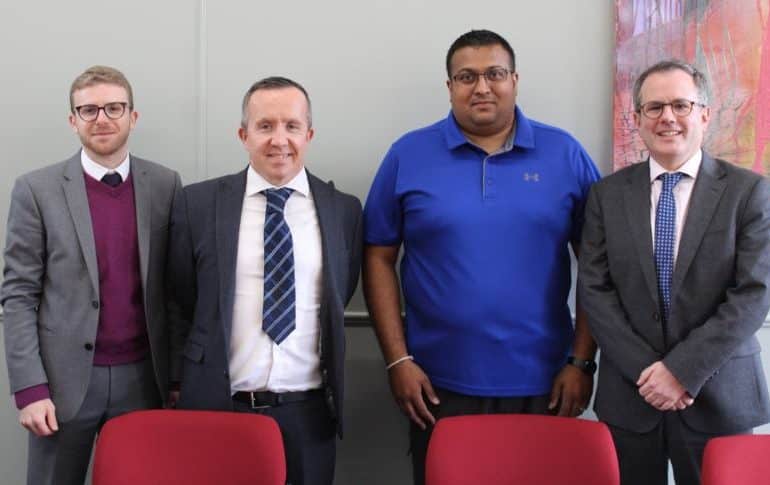
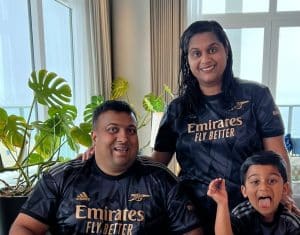 One highlight that sticks in his mind is the research & presentation course he took. “I really enjoyed that class the most, partly because it prepared you for public speaking. Also, at that time, you didn’t Google everything: it was all about going to the library and trying to do some research. Teaching that is not something that every school does.
One highlight that sticks in his mind is the research & presentation course he took. “I really enjoyed that class the most, partly because it prepared you for public speaking. Also, at that time, you didn’t Google everything: it was all about going to the library and trying to do some research. Teaching that is not something that every school does.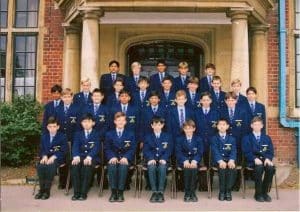 It was while establishing himself in this job that through a family friend he met Michael Bernstein, a senior figure working in New York’s accountancy scene. “I call him my Jewish father: to survive in New York , you need a Jewish father!” He invited Raj to come and work in the US and so, on September 23rd 2006, he moved across the Atlantic, starting work on 1st October from offices opposite Bloomingdale’s, the famous department store.
It was while establishing himself in this job that through a family friend he met Michael Bernstein, a senior figure working in New York’s accountancy scene. “I call him my Jewish father: to survive in New York , you need a Jewish father!” He invited Raj to come and work in the US and so, on September 23rd 2006, he moved across the Atlantic, starting work on 1st October from offices opposite Bloomingdale’s, the famous department store.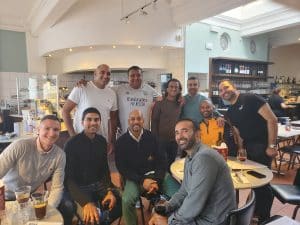 Reflecting on his life and career, Raj is clear about the benefits that QE has brought him. “QE actually did give us a good grounding. At that stage of your life, it’s important to have some discipline and sense of responsibility. There are of course always two ways of looking at things, but I think QE does teach you responsibility and it does give you the skillset to build your career in the way you want to.”
Reflecting on his life and career, Raj is clear about the benefits that QE has brought him. “QE actually did give us a good grounding. At that stage of your life, it’s important to have some discipline and sense of responsibility. There are of course always two ways of looking at things, but I think QE does teach you responsibility and it does give you the skillset to build your career in the way you want to.”